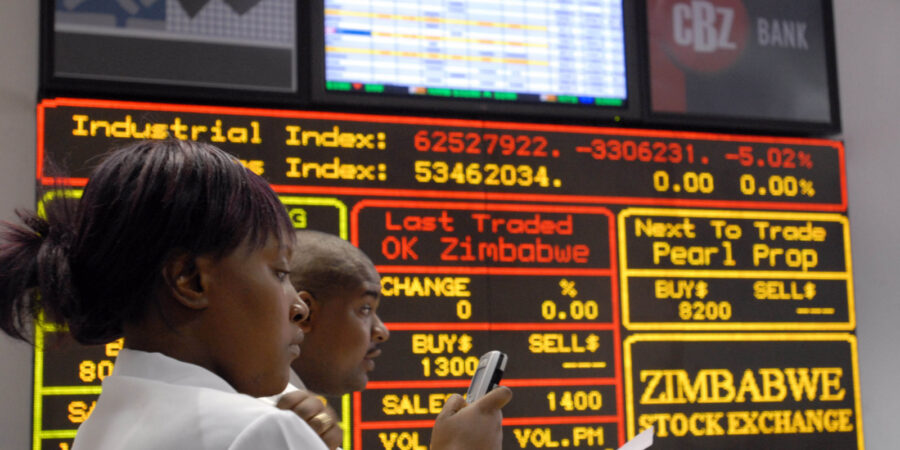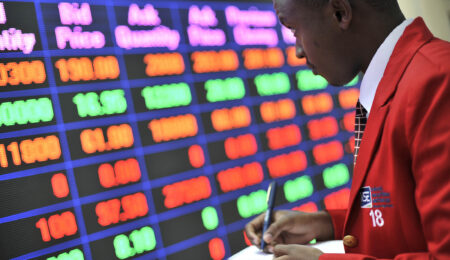Zimbabwe’s economy is a regular customer in the mainstream media today. Not many African countries get the amount of coverage it gets. And each time it gets reported on, two forces have stayed constant: hyperinflation and a weakening local currency. Every major policy and event has some link to these two. Implications mentioned usually point to losses for the everyday man. But no one foresaw them leading to the world’s biggest stock market rally in 2023.
Share prices have moved so quickly on Zimbabwe’s stock exchange this year that the bourse increased the maximum move allowed in a single day. The gains have come at blistering speed: 5%, 10%, and even 20% in a single session. Tally them up, and the market is up a breathtaking 800% on the year.
But it’s not exactly a cause for celebration. This strong rally is only happening because investors are bracing for an inflation spiral and seeking a hedge to protect the value of their money. The country’s residents are not strangers to hyperinflation, and the same script is happening before their eyes again. Consumer prices are climbing at an annual pace of over 100%.
Zimbabwe runs a small-sized stock market with only $1.8 billion in total capitalization. That’s only a minuscule of the $1.3 trillion stock market that its neighbour, South Africa runs. However, this size makes it more accessible for the locals to invest. And now, they are using the stock market as a refuge from hyperinflation.
Zimbabweans are used to living in a world of two currencies: the US dollar and the Zimbabwean dollar. The former is relatively stable and reliable, while the latter is volatile and has little value. Most people prefer to use the greenback for everything from buying groceries to paying rent. According to its central bank, 75% of Zimbabwean transactions happen with the US dollar. The Zimbabwean dollar has been plummeting almost daily and depreciated by 60% against the dollar in May alone. However, dollars are becoming more scarce by the day for residents.
That’s the same reason the Central Bank announced a digital gold-backed currency in April to stabilize the markets. But not much progress has happened since then. It also raised its benchmark interest rate — already the world’s highest — to 150% from May’s 140%, attempting to slow down inflation. But now inflation is back to triple digits, as the blended consumer price index rose to 175.8% in June from May’s 86.5%.
So it’s no surprise that the Confederation of Zimbabwe Industries, the country’s largest industry association, has a gloomy outlook towards the nation’s target of 1-3%. “The ability to meet blended inflation targets is now under serious threat,” the association said.
However, this giant rally in stock prices is not attracting foreign investors. Foreigners have largely abandoned the Zimbabwe equity market and now account for only 15% of trading. The reason is obvious: investors want stability, and Zimbabwe hasn’t done a great job of ensuring that. Aside from the tailwinds surrounding the economy, regulatory risks are not out of sight. Back in 2020, Zimbabwe’s Permanent Secretary announced the shutdown of the exchange for five weeks, complaining that speculation in stocks with overseas listings was undermining the Zimbabwe dollar. So no one knows when the lights would go out at this party, or who would put it out between investors and the government.





